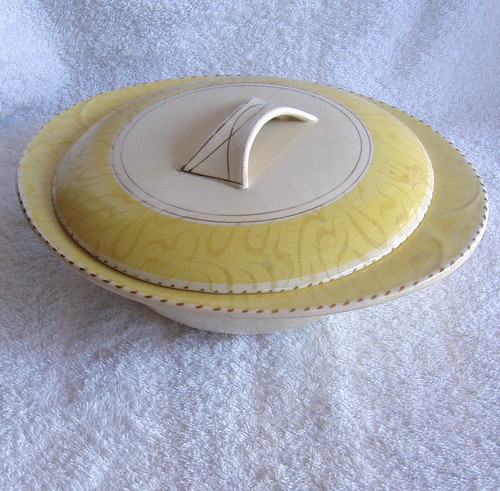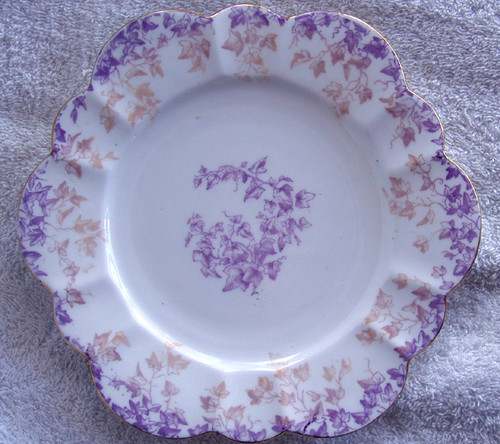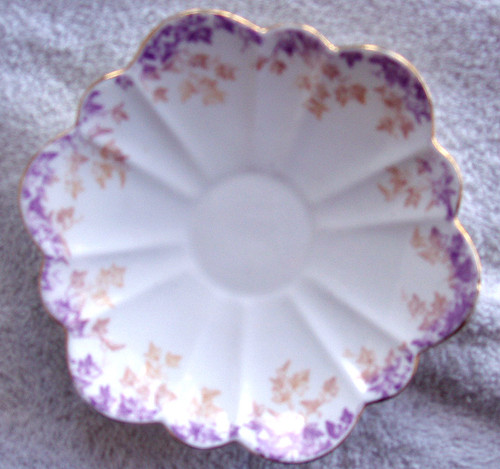Joseph Rodgers & Sons were a famous firm of cutlers and silversmiths founded in Sheffield in 1682.
Their massive factory was at 6 Norfolk Street, Sheffield with a large showroom in London (see one of the photographs)
Rodgers products are easily identifiable by the distinctive "Star & Maltese Cross" in their hallmark, which they registered in 1764.
SPECIAL NOTE: This soup ladle is nickel silver (denoted by the NS in the hallmark) NOT electroplated and actually contains NO silver. Nickel Silver was a copper-zinc-nickel alloy used to produce a "silver like" finish, a precursor to electro plated Silver products. Electroplating began around the 1840's and Nickel Silver generally fell out of favour after this.
See one of my photographs from a very early Joseph Rodgers product catalogue, Note that there is no mention of electro-plating, E.P.N.S or E.P
The lustre is quite "silver like" but doesn't have the brilliant shine of a good A1/AA electro-plated product.
Interestingly it does still respond reasonably well to cleaning with a bi-carbonate paste or "soaking" or a more expensive option is to use "Silvo"
Joseph Rodgers & Sons Soup Ladle
Original product - this is NOT a 3rd party/imitation reproduction
Nickel Silver - this does NOT contain silver nor has it been eletroplated
Pattern: Plain
The hallmark stamped into the back of the ladle is pretty standard for a Rodgers product of this period
C RODGERS NS (Star) (Maltese Cross)![]()
Date is ESTIMATED to be between 1811 & 1860
The first letter, before RODGERS in the hallmark stamp appears to indicate 1811 as C was a Sheffield date stamp from that year.
Length of the handle is 9" (230mm)
Ladle bowl is 4" (100mm) wide (oval shape)
Weight: 160g
COSMETIC CONDITION:
Clean
Medium lustre all over, slightly less so on the underneath of the ladle bowl.
NO marks or engraving other than the hallmark stamp
SPECIAL NOTE: The handle has at some time suffered a slight bending! I have included a side photograph to show the extent of the bend that has occurred. No damage to the finish around the bend area and no metallic stress showing.
LADLE BOWL:
Special mention is made of this bowl, this is where all the "action" took place and after 150+ years of use you should be realistic - it is not pristine!
Top/inside has a nice bright lustre. A few small, light oxidisation spots - these appear to be surface only. The finish has what appears to be cleaning marks, something like might occur when the bowl has been cleaned with a scourer. These are not serious at all but if you look closely they can be seen.
Bowl underneath has a lesser lustre but still remains a silver colour but tending towards a light "gun-metal grey", no "bleeding" of colours has occurred. There are a couple of medium sized, medium darkness oxidisation spots but again, not serious.
Although this ladle has no Silver metal content, just to reduce any future oxidisation of the surfaces I have now sealed this soup ladle within airtight plastic.


















